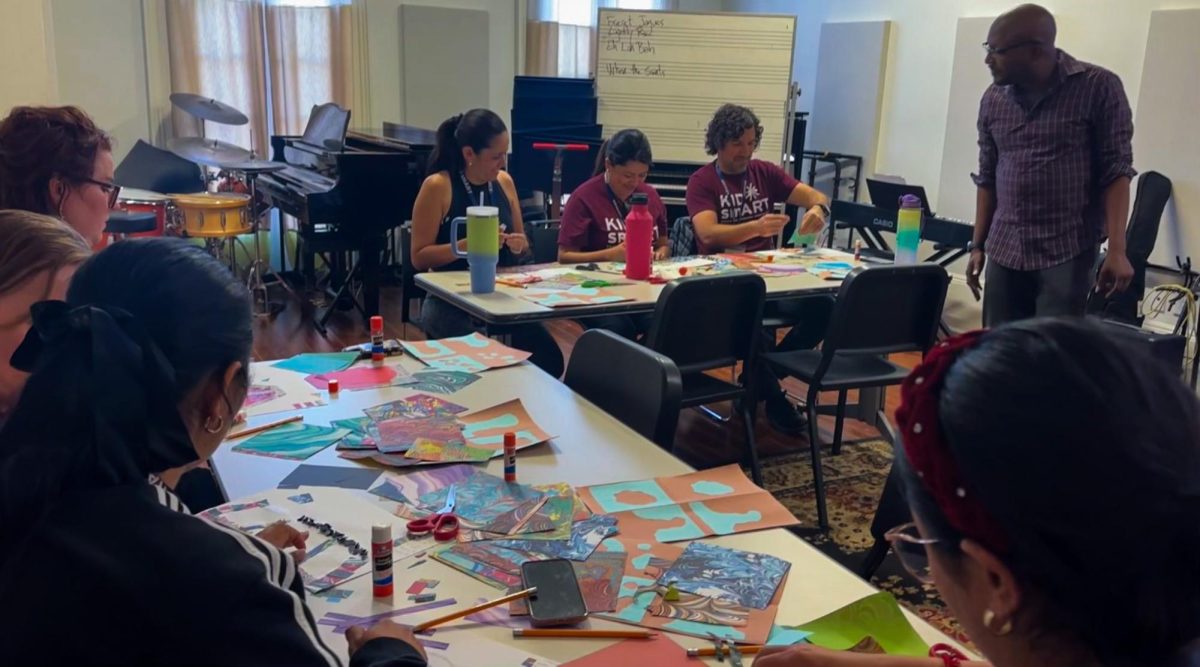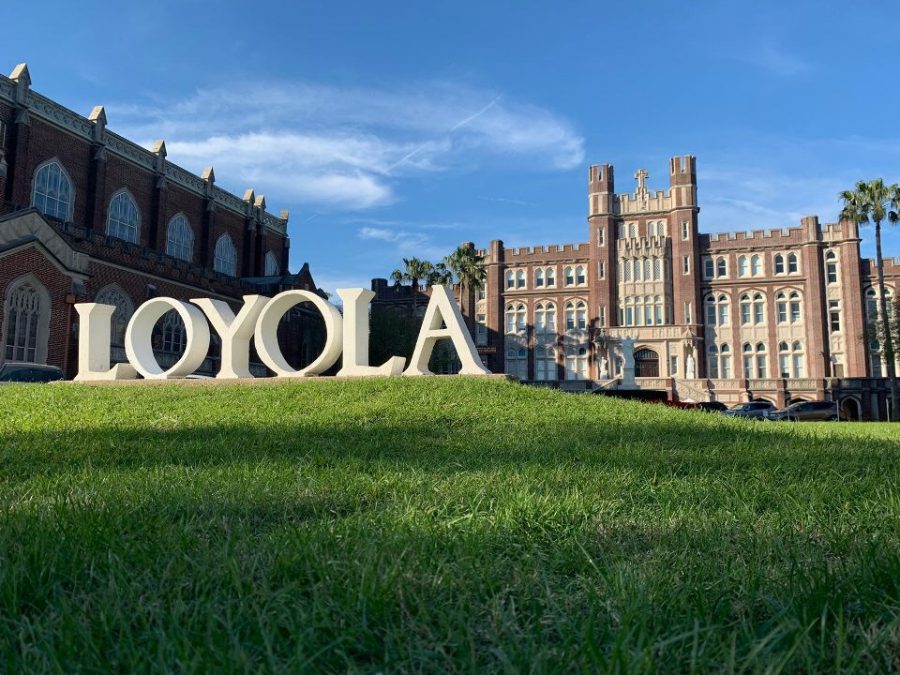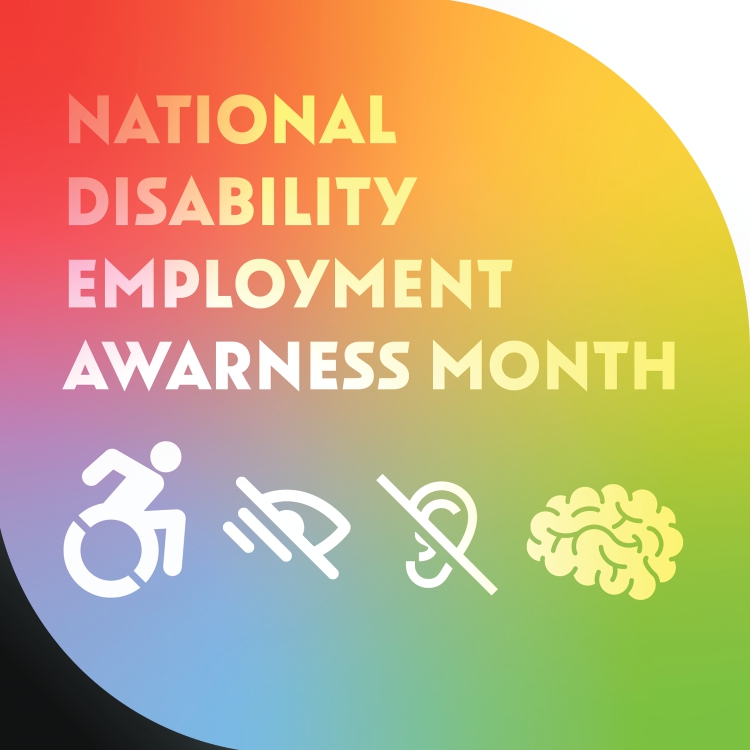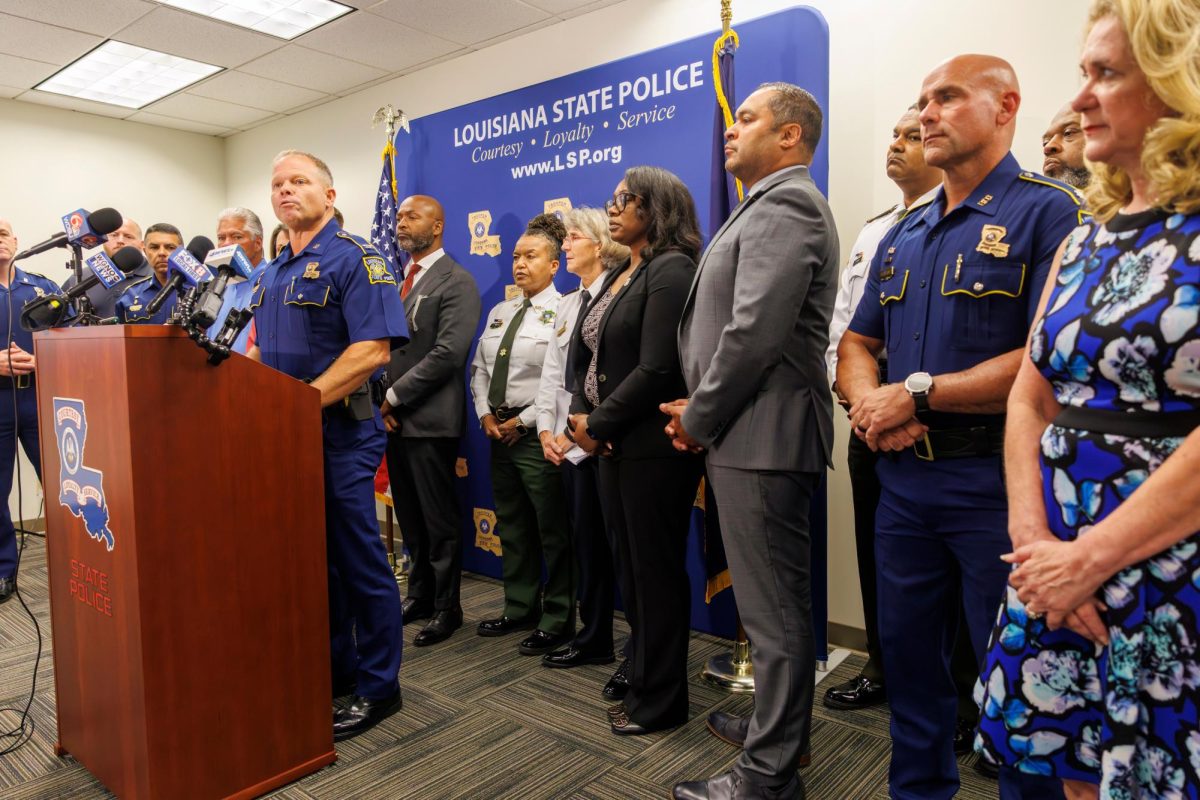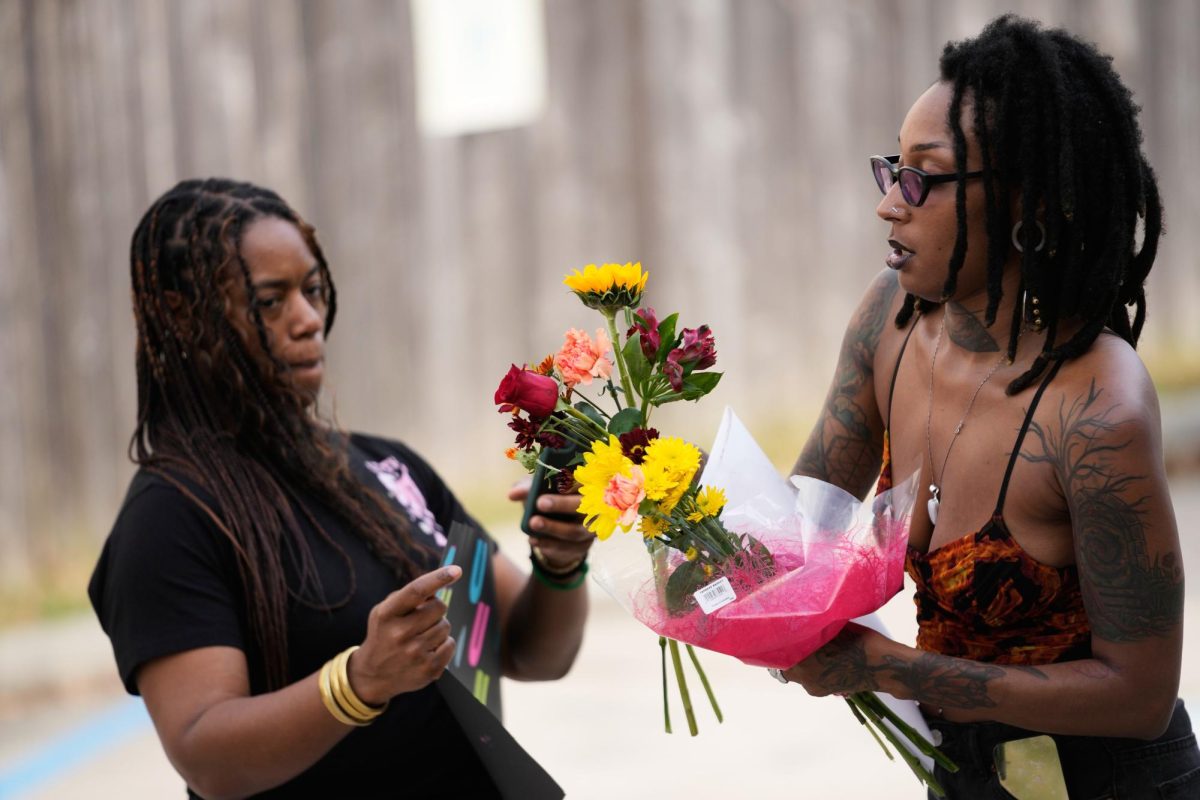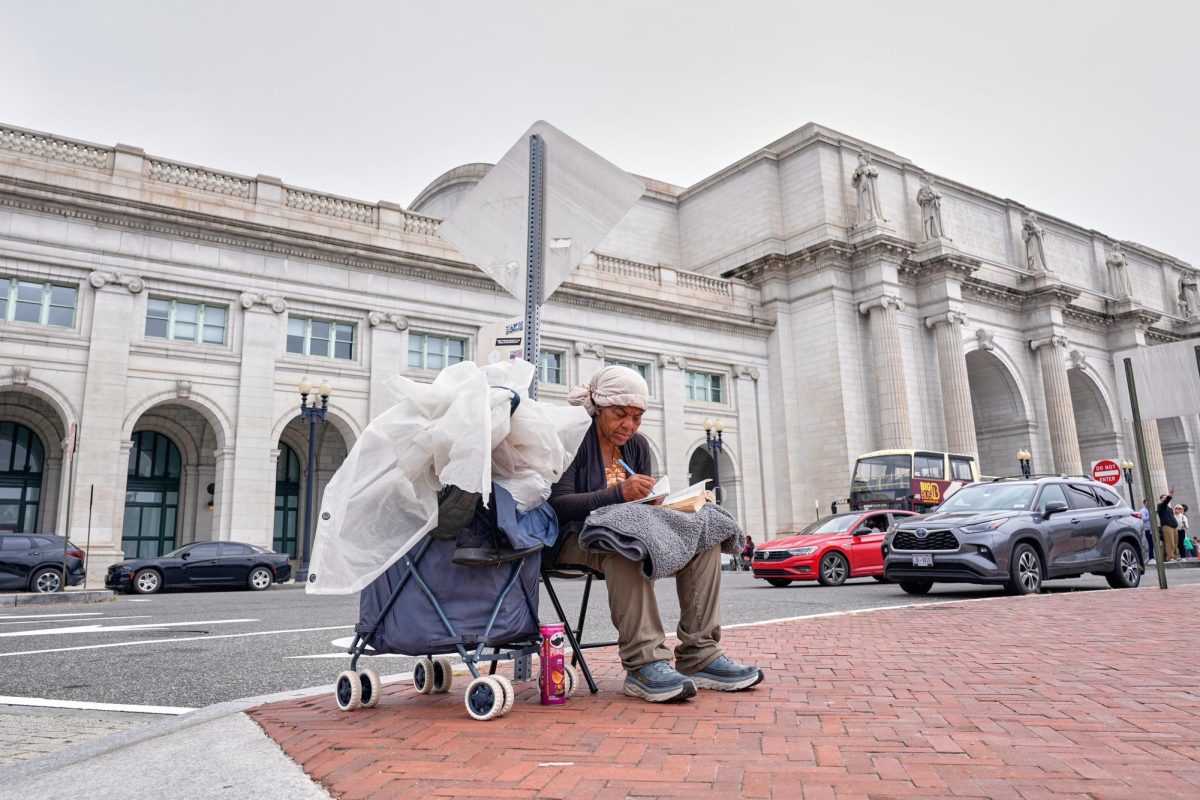New Orleans experienced a meteoric 57 percent rise in fentanyl-related deaths in 2017, and that has led Loyola officials to reach out to students with warnings and offers of support.
According to a report published by the city’s coroner last week, opiates were discovered in 166 drug-related deaths in 2017. Within this group of opiate-related deaths, fentanyl was found in 87 of the deaths, compared to 48 out of 166 in 2016 and just 13 out of 92 in 2015.
Asia Wong, associate director of the university counseling center, explained that “Fentanyl use is of primary concern because of the high fatality rate, and the fact that it is often cut into other drugs.”
“At the University Counseling Center, we want students to know that help is there for them. To this end, students struggling with drug use and abuse should feel comfortable reaching out for help, and know that they will be treated with kindness and compassion,” she said.
The significant increase in drug-related deaths seen in the city over the past two years shows that New Orleans continues to battle a drug crisis that experts say is not specific to the city.
“The public health crisis of drug-related deaths continues to evolve in New Orleans,” Dr Jeffrey Rouse, Orleans Parish Coroner said. “Medically, expanding access to all levels of addiction treatment is the solution, before persons end up in the coroner’s office.”
Dr George Capowich, a retired Loyola University professor of criminology and sociology, said he was not surprised by this. “There is no reason to think that New Orleans is immune from the problems of opioid addiction that is a national problem,” Capowich said.
Although opioid use was responsible for over two-thirds of the drug-related deaths in 2017, Rouse believes that statistic could have been even higher had it not been for opioid antidotes.
“Without the early use of naloxone in the field by first responders and citizens alike, I suspect the opiate death toll would have been higher, for the opiate market keeps shifting towards highly lethal, synthetic opiates such as fentanyl,” Rouse said.
Capowich highlighted the benefits of Naloxone and similar drugs in fighting the opioid epidemic. He suggested that availability of the opioid antidotes needed to be widened in New Orleans.
“All first responders should have it and so should families/friends of addicts and maybe even the addicts themselves,” Capowich said.
While some current students may be unaware of the threat opioids can pose, the wider Loyola community has been affected by the issue in the past.
In February 2016, first-year Loyola student Kyra Koman, 19, died of an overdose involving multiple substances. In April of the same year, sophomore Juliano Mastroianni, 20, died of heroin intoxication.
Dr. Joelle Underwood, professor of chemistry at Loyola, believes drug use is an issue at Loyola but says she has had success with students who seek help through the Loyola Student Health Center, off-campus professionals, who specialize in mental health and addiction, and peer support groups.
Underwood gave students who may be struggling a piece of advice. “Reaching out for help is the first step. Having an advocate to help you negotiate the process of finding the appropriate resources is a good idea too for some students,” she added.
Wong reiterated Underwood’s point and urged students to not be scared of taking the first step forward to help themselves.
“Know that you are not alone and that resources are available for you,” Wong said.





